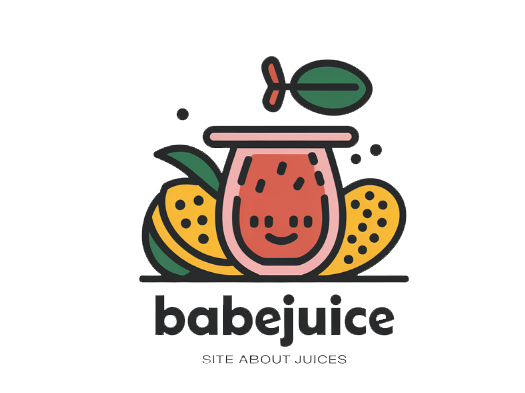The Importance of Nutrition in Today’s World
In today’s rapidly evolving world, issues related to nutrition have become increasingly prominent and complex. As populations grow and lifestyles change, many people face a paradox of having more access to food than ever before, yet struggling with proper nutrition. On one hand, the prevalence of highly processed, calorie-dense foods has contributed to rising obesity rates and related health concerns such as diabetes and heart disease. On the other hand, millions still suffer from malnutrition and food insecurity, lacking consistent access to nutritious, adequate meals. Furthermore, the global emphasis on convenience and fast-paced living often leads to poor dietary choices, overshadowing the importance of balanced nutrition and long-term health. As we navigate these challenges, it becomes crucial to rethink our approach to food, focusing on promoting healthier, more sustainable eating habits that can benefit both individuals and communities worldwide.
Health Benefits of Fresh Juice
As an experienced gastroenterologist, I’d like to share some insights into how fresh juices can impact your health. Their rise in popularity isn’t just due to great taste; they can also offer notable health benefits when consumed appropriately.
Boosting the Immune System
Fresh juices, especially citrus ones, are rich in vitamin C and flavonoids. Vitamin C helps increase white blood cell production, which is crucial for fighting infections. These antioxidants neutralize free radicals, strengthening your immune defenses and reducing inflammation.
Supporting Digestion
Juices with ingredients like ginger and beetroot contain enzymes that ease food breakdown and soothe inflammation in your digestive tract. Beet juice, in particular, aids bile production, making it easier to digest fats and improving liver function.
Detoxifying the Body
Certain juices support your body’s natural cleansing processes. For example, green juices with lemon can boost liver function—the main organ responsible for detoxification—and enhance enzyme production to remove toxins and heavy metals.
Providing Energy and Regulating Blood Sugar
Various fruit juices, like apple and carrot, offer energy through natural sugars—glucose and fructose—that are easily absorbed by your cells. When consumed in moderation, these juices can help maintain stable blood sugar levels, though it’s essential to avoid excessive intake to prevent sugar spikes.
Improving Skin and Hair Health
Vitamins and minerals, particularly beta-carotene found in carrots, are converted by your body into vitamin A, vital for skin and hair health. Vitamin A helps regenerate skin cells and protects against UV damage.
I’ve seen many patients who have positively integrated fresh juices into their diets. However, it’s crucial to remember that too much juice can add excess sugar to your diet and lack fiber, potentially affecting weight control and gut health.
It’s always a good idea to consider your body’s unique needs, including any allergies or chronic conditions, before making fresh juices a regular part of your diet. Consulting with a doctor or nutritionist can help tailor a balanced diet that includes juices as part of a varied and nutritious plan.
“`


